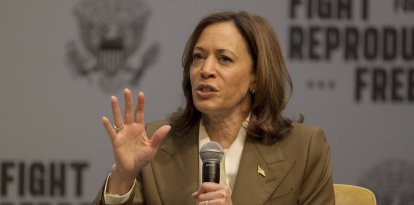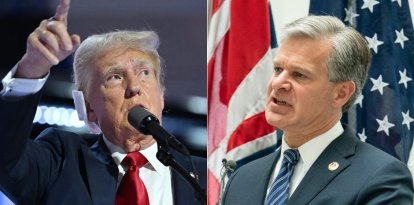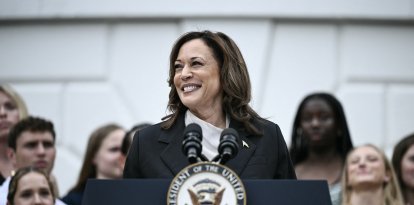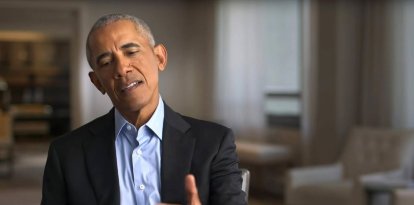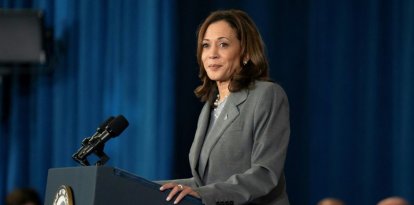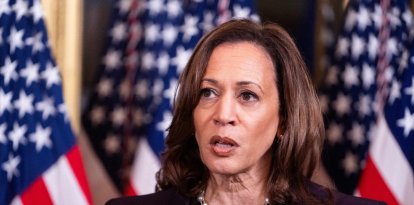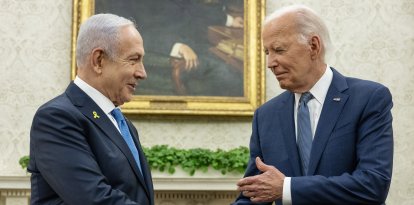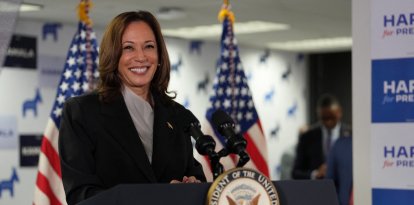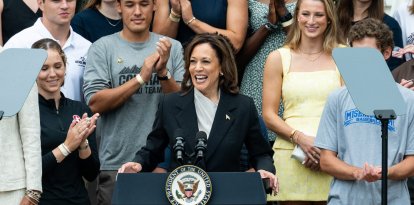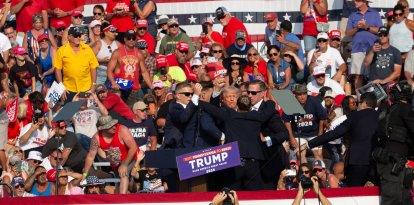A secular tax haven with a unique electoral history: meet New Hampshire, the next stop in the Republican primaries
The Granite State has been a peculiar and complex political arena since 1948, when it became the center of national attention.
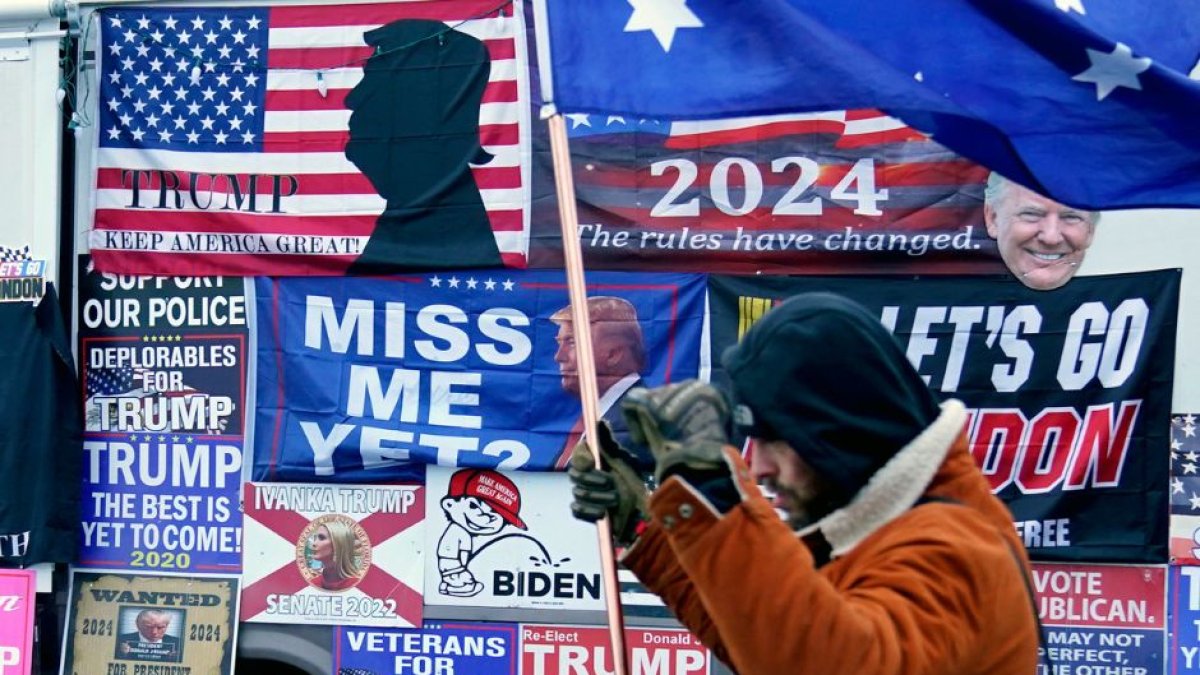
Simpatizantes del expresidente Donald Trump en New Hampshire, la próxima parada electoral republicana. (Photo by TIMOTHY A. CLARY / AFP)
“Live Free or Die” is the attention-grabbing state motto of New Hampshire, one of the most memorable in the United States.
It comes from a statement written on July 31, 1809, by the revolutionary general John Stark, hero of the Battle of Bennington, which said: “They were men that had not learned the art of submission, nor had they been trained to the art of war. But our astonishing success taught the enemies of liberty that undisciplined freemen are superior to veteran slaves.”
The letter was written for a meeting of veterans of the Battle of Bennington, which Stark could not attend due to health problems. The epilogue of the letter, intended as a toast to his veteran colleagues, stated: “Live free or die. Death is not the greatest of evils.”
Curiously, the motto of New Hampshire, one of the country’s thirteen original colonies, was only adopted in 1945, 136 years after Stark’s letter and long after many of its New England neighbors. Maine, Vermont, Massachusetts, Connecticut and Rhode Island adopted their respective and complex mottos several decades ago.
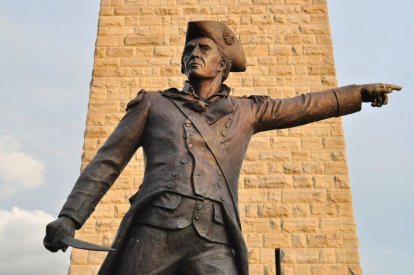
Secular, tax haven and a great electoral history: meet New Hampshire, the next stop in the Republican primaries
With such a stern motto, it is not difficult to comprehend that New Hampshire is so politically complex and peculiar, especially days before the renowned and decisive Republican elections take place.
Unlike other states, New Hampshire is an electoral battleground where moderate and independent voters tip the balance for one candidate or another. It is also where pretenders are separated from serious contenders for their party’s nomination.
Basically, in this small state where only 4 of the 538 electoral college votes are determined, which does not have any large cities and has approximately 1,300,000 inhabitants, is where dreams of occupying the Oval Office in a few short months either die or gain momentum.
New Hampshire as an election forecaster
In statistical terms, the Granite State, a nickname given due to its enormous granite expanses and quarries, has accurately predicted the candidate who wins the Republican nomination.
Five of the winners of the last seven primaries in New Hampshire — Reagan, George HW Bush, McCain, Romney and Donald Trump — went on to clinch the Republican nomination. The last one, in particular, was the general winner in 2016 and is looking to repeat the feat in 2024.
But why has New Hampshire, the fifth smallest state in the country and the tenth least populated, become such an important and decisive state?
That’s because New Hampshire was a pioneer in professionalizing its primaries by bringing them to the center of the national sphere.
Imagine the electoral landscape several decades ago when primary elections in other states were organized and presented as local beauty contests. In contrast, in this small New England state, they had the hype and support of a Super Bowl or a political World Cup.
This kind of political tradition began in 1948, thanks in large part to Richard F. Upton, then speaker of the New Hampshire House of Representatives, who decided to make the primaries “more interesting and meaningful…so there would be a greater turnout at the polls.”
The law promoted by Upton basically allowed New Hampshire residents to vote directly for presidential candidates.
“Any candidate could get on the ballot if he submitted fifty supporting petitions from each of the two congressional districts, and voters could choose delegates who were explicitly pledged to a particular candidate,” reads a Brookings Institution piece on the state.
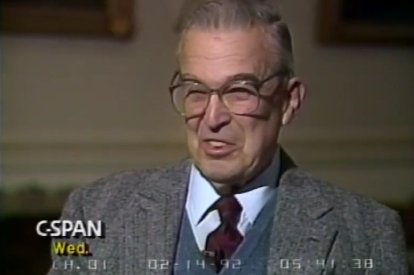
Meet New Hamphire
The law had an impressive impact in a short time. Just four years later, completely unexpectedly, it shook the entire country, generating a true political earthquake and marking a turning point in how primaries were conceived in the United States.
In 1952, beset by scandals and the endless Korean War, Democrat Harry Truman was genuinely unpopular. This opened up an opportunity for Tennessee Senator Estes Kefauver, who defeated Truman in the New Hampshire primary by 4,000 votes, taking all the state’s delegates. The political consequences were terrible for the former Democratic president, who ultimately decided not to seek his second term.
The Republican Party was not far behind in terms of electoral fireworks that year. The revered General Dwight D. Eisenhower had always been in the running for president. However, it was not until 1952 that a group of the general’s supporters put him on the New Hampshire Republican ticket by taking advantage of Upton’s iconic election law.
The result was equally surprising: Eisenhower, without campaigning in New Hampshire, defeated Ohio Senator Robert A. Taft in the primary by more than 12 points. Then, once he decided to compete for the rest of the campaign, he arrived at the White House, where he stayed for two terms with Richard Nixon as vice president.
But really, it all started in 1948 in New Hampshire, which, along with Iowa, has been characterized by being the first state to organize its primaries in a hybrid system (in Iowa, they are caucuses).
Although it took about three more elections after 1952 for New Hampshire to solidify this political status and attract national attention, as the years went by, there was no doubt that its electoral impact was notable, with all the traditional media and political strategists casting their gaze on this state every four years.
New Hampshire residents are also proud of this status. First, they receive national attention for months that they do not receive during other non-election years. Second, in each electoral cycle, there is a great reactivation of the economy with all the foreign and national and foreign tourists who come to cover and witness the elections.
The importance of these elections in New Hampshire is such that, throughout history, various states have tried to beat the Granite State’s position as the first to organize primaries in the country.
However, as established by state law, New Hampshire must be the first state in the nation to hold primaries, and, therefore, for decades, they advanced the dates to continue maintaining their leading status. The message from its inhabitants is clear: “Don’t f*ck with our primaries.”
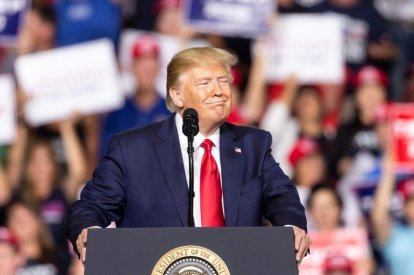
New Hampshire primaries: why they are so important
New Hampshire residents, as unique as their state
Most agree that the citizens of New Hampshire are truly special. Tourists define them as seemingly cold but very supportive people. They are also genuinely happy, ranking second among the happiest states in the union, only behind North Dakota.
Also, unlike most people’s preconceptions, New Hampshire is a fairly secular state. In fact, by 2015, according to Gallup, it was the least religious state in the country. Only 20% of New Hampshire residents considered themselves very religious at the time.
It is also an arrogantly free state, both in terms of taxation and laws. For example, until recently, there was no law requiring the user of a motorized vehicle to wear a helmet or for a driver to wear a seat belt. It is also a state that strictly defends the freedom to openly carry a weapon.
In fact, for almost everyone, New Hampshire is a tax haven where there is no state income tax and no sales tax.
But you know who doesn’t consider New Hampshire a tax haven? The New Hampshire residents themselves, who tirelesssly complain because their property tax rate is the third highest in the country, only below Illinois and New Jersey.
The peculiarities of the inhabitants of New Hampshire show up in the polls and can be seen through their political positions. This state is one of the usual battlegrounds every four years due to the importance of the moderate and independent vote. However, since 1992, New Hampshire residents have only once failed to vote for the Democratic candidate in the general election. It was in 2000 when George Bush defeated Al Gore in one of the closest elections in history.
In the last general election, Joe Biden beat Donald Trump by 7% of the vote, the largest lead for a Democrat over a Republican since 2008.
This data shows that Trump is not doing so well among independents in New Hampshire. The New Hampshire governor since 2017 is Republican Chris Sununu, one of the former president’s most critical opponents and also one of the governors with the best favorability ratings in the entire country.
Weeks ago, Sununu announced his official support for Nikki Haley, who dreams of stealing electoral delegates from Trump. Despite losing to Biden in the Granite State in 2020, the former president widely dominates the polls for Monday’s elections and fondly remembers the 2016 primaries, when New Hampshire gave him the necessary boost to reach the White House.













